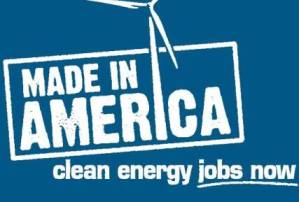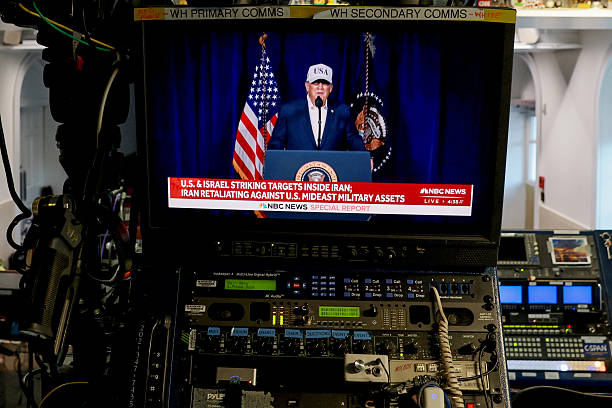(ThyBlackMan.com) I consider myself something of a wordsmith, so I am always amazed in the work of others, especially when they are government bureaucrats. The most recent unemployment figures, which show the unemployment rate rising, and the pace of job creation slowing, are interesting and incisive. The Employment Situation says that the unemployment rate is “essentially unchanged” as it has moved from 9 to 9.1 percent. In April more than 200,000 jobs were created; in May it was a scant 54,000. Still, the situation was “essentially unchanged”. Give me a break. That means someone is fudging and smudging the fact that our economy is sputtering.
This could well be expected given the fact that most cities and states are now grappling with ways to balance their budgets, and that includes layoffs of government workers. Furthermore, we can expect a sputtering economy given the drama that is taking place in Washington around  increasing the debt limit. The Tea Party folks, if they had their way, would fully dismantle government, throwing hundreds of thousands of workers into the streets. Rising unemployment? That’s just the tip of the iceberg.
increasing the debt limit. The Tea Party folks, if they had their way, would fully dismantle government, throwing hundreds of thousands of workers into the streets. Rising unemployment? That’s just the tip of the iceberg.
Yet in a society where most people work for a living, public policy must embrace work as a necessity. We have to ensure that any able bodied person who wants to be gainfully engaged in the capitalistic system has an opportunity to do so. That means that work has to work that people have to work, that people have to have the opportunity to work, that government must promote the creation of work, and that when necessary government subsidize the development of working opportunities.
Instead, we have seen a recession and a so-called recovery that has not embraced the centrality of work in our society. Too many people are living at the periphery of the economic mainstream. Those people were told, when the May unemployment rates were released, that their misery is none of the government’s concern. Yet they are homeowners and taxpayers, parents and producers, people who didn’t plan for their factory to close or for the demand for their products to simply dry up. Economic recovery is a bitter pill for some to swallow when their lives have not recovered from the drama also known as a massive shift in the ways that Americans deal with work and economic integrity.
It seems that we have all sipped on the Kool-Aid that deifies the rich. They must have it going on, and why don’t we? Why can’t we spur a populist economic movement that says something else, instead? Why can’t we embrace Dr. Martin Luther King’s message when he said, “I have the audacity to believe that people everywhere can have three meals a day for their bodies, education and culture for their minds, peace and freedom for their spirits.” In other words, how come we can’t decide that everyone can eat and be educated? How come we can’t make eating and educating a cultural imperative?
To put some meat on the official numbers we should note that nearly 14 million people are officially unemployed, with 6.5 million (45 percent) of them being unemployed for more than half a year. These are just the official numbers. The unofficial numbers make these look miniscule. This is not a double the flavor, double the fun situation. It’s called double the pain.
What do we do with all this pain? How do we begin to respond to our fellow citizens? The future of our nation hinges on our ability to engage more people in the business and the work of this economy. We engage people by involving them, educating them, empowering them. Yet, we are cutting education funds because we can’t raise the debt ceiling, because we are broke.
At the end of the day, here is what we need to know. When work doesn’t’ work, life doesn’t work for too many Americans. When work doesn’t work, too many people are kicked to the curb, told they are useless and left to their own devices. In an entrepreneurial culture that can be a good thing. If we encourage entrepreneurship, people can invent, and promote their ideas. But when there are no open arms for those who have been sidelined, they are likely to engage in actives that can be interpreted as less than wholesome.
Too many people speak of the centrality of work without understanding how to make work happen. The most recent unemployment rates remind us that too many of our friends and neighbors have been placed outside the economic mainstream. What must we do to make it better, especially when this is a burden that falls heavy on the African-American community?
Written By Julianne Malveaux
Official website; http://www.juliannemalveaux.com/

















Like one President promised “A Chicken in Every Pot”. Doesn’t seem to be here anymore.